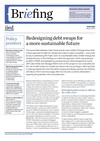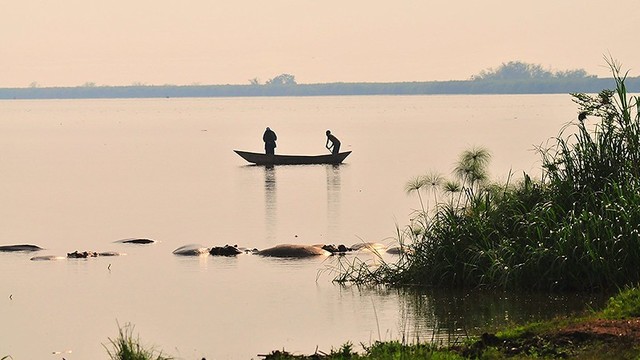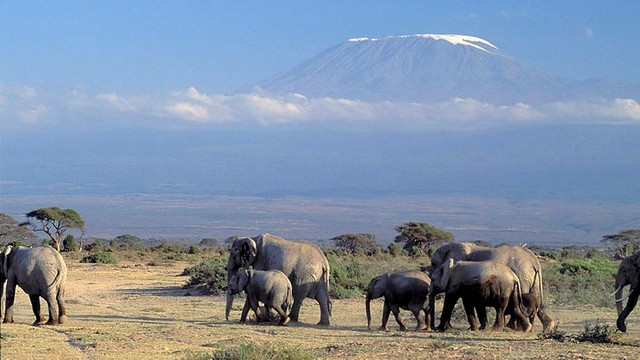Debt swaps for climate and nature outcomes in West Africa
We urgently need to address the triple crisis of debt distress, biodiversity loss and climate change. This project will scope how this could be done through debt swaps for nature and climate outcomes in four countries in coastal West Africa.

Fishermen on the Senegal River, near Podor, Senegal, one of the four countries where IIED will design debt swaps to agree debt reduction or relief in exchange for a commitment to positive nature and climate targets (Photo: Jean-Christophe Pouget, via Flickr, CC BY-NC 2.0)
Debt is a major concern for many countries and has been made worse by COVID-19. The economic shock stimulated by this pandemic requires innovative and bold responses. This is a unique opportunity to rebuild economies in a way that integrates solutions for adapting to climate change impacts and counters biodiversity loss.
We will work with governments and civil society in Cabo Verde, Guinea-Bissau, Mauritania and Senegal and with public and private international creditors. The aim will be to scope and design debt swaps to agree debt reduction or relief in exchange for a commitment to positive nature and climate targets.
The project is part of a wider initiative IIED is pursuing to change how debt relief is addressed and delivered.
What will IIED do?
Over the 18-month grant period, the project will put in place debt deals and implementation strategies for debt swaps for nature and climate in at least two of the four selected countries, through national scoping, international engagement and technical support.
IIED will start by working with debtors and creditors in all four countries to identify the potential for a future swap. Then work to prepare a debt deal and implementation strategy in two countries over the remaining period of the project.
The money saved from debt reduction, write off, or conversion of the debt to local currency will be invested through the national budget to support programmes with results-based, key performance indicators of positive nature and climate outcomes.
Governments could set up marine and terrestrial protected areas supporting for sustainable natural resource management and increased climate resilience, for example. Positive outcomes of any such programme might include poverty reduction, inclusive economic growth, job creation and contribute to a just transition to a green economy.
IIED will also coordinate engagement with multilateral organisations including the World Bank, International Monetary Fund and G20, encouraging them to learn from the West African pilots and support the leadership of these countries on debt for climate and nature swaps.
Publications
Additional resources
Video: How can climate-vulnerable countries benefit from debt instruments for climate and nature: launch of a 'how-to' guide, Development and Climate Days (9-10 November 2021)
Podcast: Debt swaps for climate and nature: innovation for resilience? Make Change Happen podcast episode 8 (2020)
Blog: Choosing a sustainable way out of the pandemic’s economic chaos, by Paul Steele (2020)
Tackling the triple crisis. Using debt swaps to address debt, climate and nature loss post-COVID-19, Paul Steele, Sejal Patel (2020) Issue paper
Event: COVID-19, debt relief, and the climate and biodiversity crises (2020)





